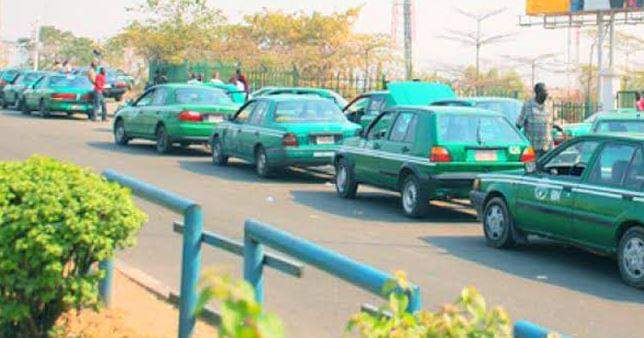HURIWA highlights the importance of security profiling for cab drivers in the FCT, urging authorities to take action against exploitation. Explore their recommendations for safeguarding drivers.
The Human Rights Writers Association of Nigeria (HURIWA), a prominent pro-democracy group, has expressed approval for the recent directive issued by Federal Capital Territory (FCT) Minister Nyesom Wike. The directive requires security profiling of commercial vehicles in Abuja beginning January 2025.
HURIWA praised the initiative as both timely and essential for improving safety within the capital.
In a statement released by HURIWA’s National Coordinator, Emmanuel Onwubiko, the organization emphasized the FCT minister’s declaration that all commercial buses in Abuja will undergo profiling conducted by both the Nigeria Police Force and the Department of State Services (DSS).
The announcement was made at the FCT Renewed Hope Youth Empowerment Programme in Abuja last Thursday. During this event, the minister provided participants with new vehicles to be used as taxis.
Minister Wike emphasized, “They won’t be paying anything. The government is offering this as support to help feed your family and lower transportation costs in the city. Abuja should strive to compete with other global cities.”
The minister urged the beneficiaries to embrace their new roles, noting that although many Nigerians might hesitate to accept similar positions within the country, they are often more willing to take them on when abroad.
Addressing the growing worries regarding kidnapping and “one-chance” robberies, Minister Wike announced that starting in January 2025, unprofiled commercial buses will be prohibited from operating in Abuja. He stated, “From January onward, this practice won’t be allowed. We will record vehicle numbers and drivers’ names to ensure everyone can confidently identify which vehicle they are entering should any incident occur.”
While supporting this new security measure, HURIWA advised the FCT authorities to guard against potential abuses by ensuring that neither the police nor the DSS take advantage of drivers during the profiling process.
HURIWA proposed the creation of a computerized office to oversee security profiling, staffed with personnel from the Nigeria Police, DSS, Nigerian Civil Defence Corps, and Nigerian Immigration Services. This office would centralize data securely and prevent unnecessary fees that could result in exploitation.
The group also suggested that the FCT’s transportation and legal secretariat manage the database of commercial drivers, ensuring residents can access necessary information for legal purposes. HURIWA encouraged expanding profiling to include drivers coming into Abuja from other areas to enhance safety for FCT residents. “Publicizing the prosecution of ‘one-chance’ robbers should be done as a deterrent,” they added.
HURIWA pointed out that since 2015, more than 100 incidents of one-chance robberies have been reported in Abuja. These attacks have resulted in physical injuries for the victims and, on certain occasions, even death.
The organization emphasized the need to implement a strong solution to tackle these crimes and protect residents from further harm.
Peoplesmind


